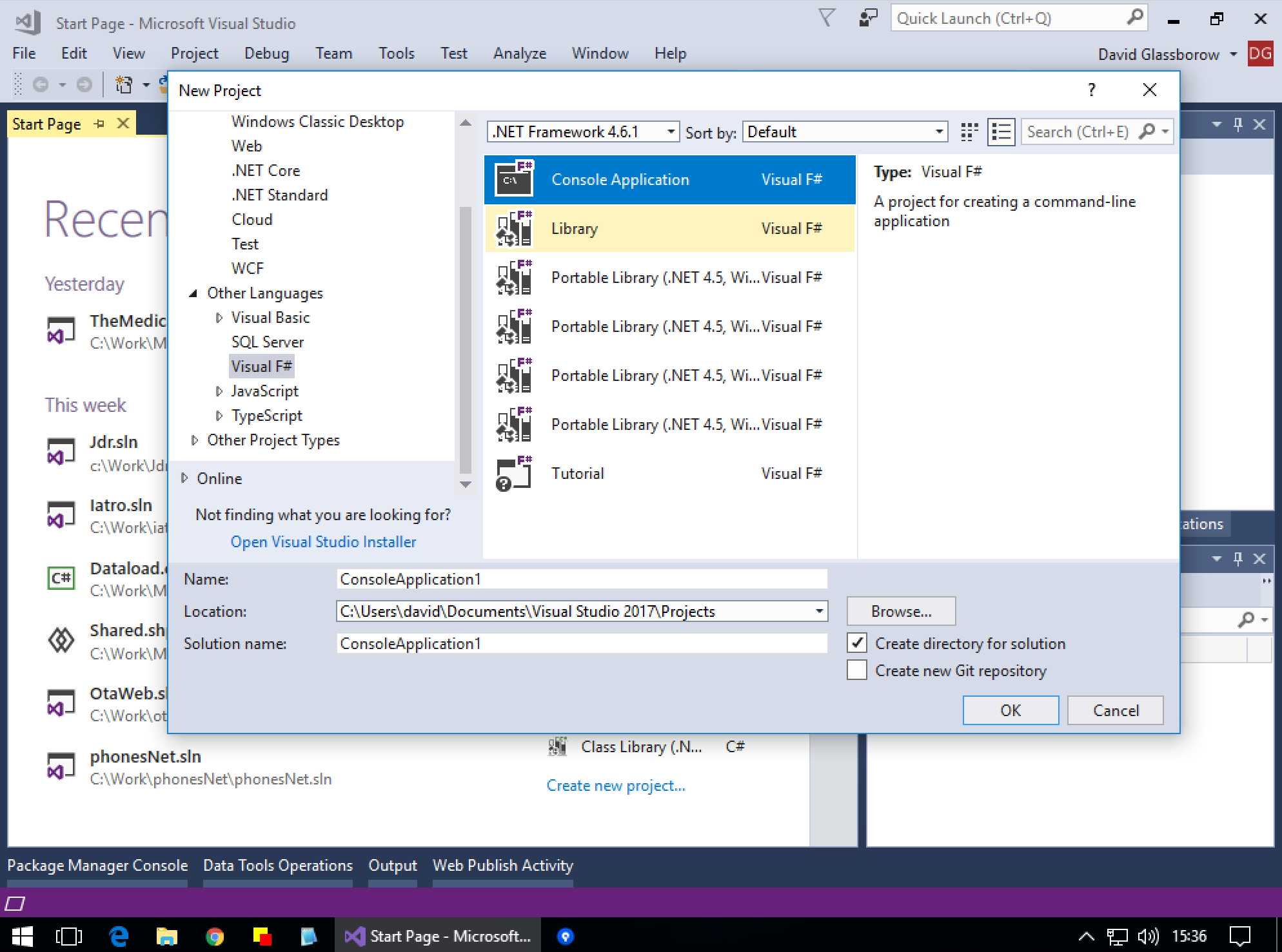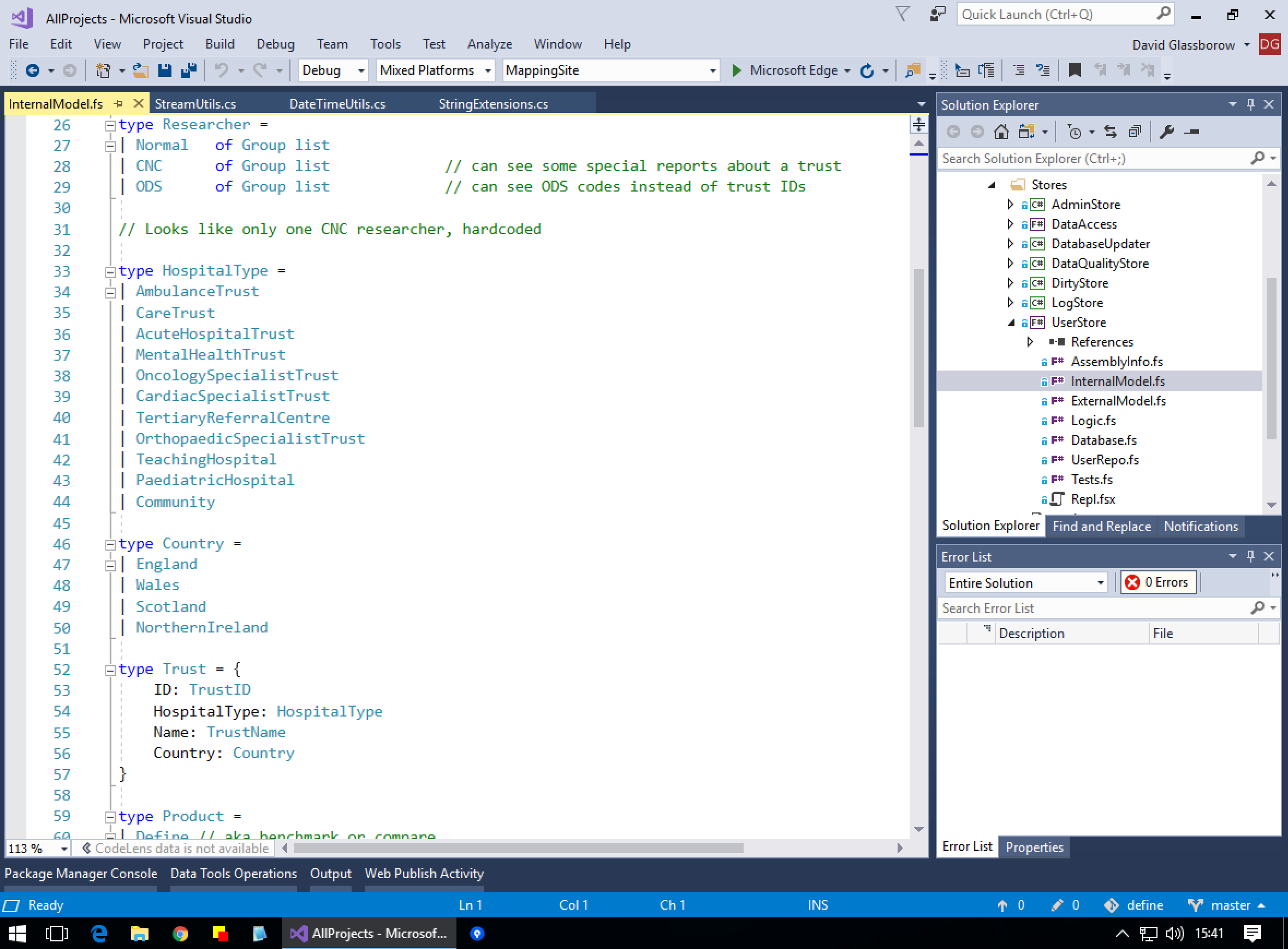namespace System
namespace System.Net
namespace System.Net.Mail
Multiple items
val string : value:'T -> string
Full name: Microsoft.FSharp.Core.Operators.string
--------------------
type string = System.String
Full name: Microsoft.FSharp.Core.string
Multiple items
val int : value:'T -> int (requires member op_Explicit)
Full name: Microsoft.FSharp.Core.Operators.int
--------------------
type int = int32
Full name: Microsoft.FSharp.Core.int
--------------------
type int<'Measure> = int
Full name: Microsoft.FSharp.Core.int<_>
Multiple items
module List
from Microsoft.FSharp.Collections
--------------------
type List<'T> =
| ( [] )
| ( :: ) of Head: 'T * Tail: 'T list
interface IReadOnlyCollection<'T>
interface IEnumerable
interface IEnumerable<'T>
member GetSlice : startIndex:int option * endIndex:int option -> 'T list
member Head : 'T
member IsEmpty : bool
member Item : index:int -> 'T with get
member Length : int
member Tail : 'T list
static member Cons : head:'T * tail:'T list -> 'T list
static member Empty : 'T list
Full name: Microsoft.FSharp.Collections.List<_>
val reduce : reduction:('T -> 'T -> 'T) -> list:'T list -> 'T
Full name: Microsoft.FSharp.Collections.List.reduce
type 'T option = Option<'T>
Full name: Microsoft.FSharp.Core.option<_>
Multiple items
type MeasureAttribute =
inherit Attribute
new : unit -> MeasureAttribute
Full name: Microsoft.FSharp.Core.MeasureAttribute
--------------------
new : unit -> MeasureAttribute
Intro to fsharp
- Who I am
- Quick intro and some code
- Slides and source code on Github
- Please ask questions
Who I am
- Developing for ~25 years
- Mostly C# / Web / SQL
- Some F#

Why I learnt F#
- Fun learning something new
- Usable in my day to day job
- Makes my C# coding better
Send an email C#
1:
2:
3:
4:
5:
6:
7:
8:
9:
10:
11:
12:
13:
14:
15:
16:
17:
18:
19:
20:
21:
22:
23:
|
using System.Net;
using System.Net.Mail;
public static class Emailer
{
public static void SendTestEmail(string toEmail, string body)
{
var user = "dave.glassborow@myemail.co.uk";
using (var msg = new MailMessage(user, toEmail))
{
msg.Subject = "Test";
msg.Body = body;
using(var client = new SmtpClient("smtp.office365.com",587))
{
client.EnableSsl = true;
client.Credentials = new NetworkCredential(user, "****");
client.Send(msg);
}
}
}
}
Emailer.SendTestEmail( "dave@conceptfirst" "From Office365")
|
Send an email F#
1:
2:
3:
4:
5:
6:
7:
8:
9:
10:
11:
12:
13:
14:
15:
|
open System.Net
open System.Net.Mail
/// Send email via office 365
let sendTestEmail toEmail body =
let user = "dave.glassborow@myemail.co.uk"
use msg = new MailMessage(user,toEmail)
msg.Subject <- "Test"
msg.Body <- body
use client = new SmtpClient("smtp.office365.com",587)
client.EnableSsl <- true
client.Credentials <- NetworkCredential(user,"****")
client.Send(msg)
//sendTestEmail "dave@conceptfirst" "From Office365"
|
F#
- ML (1974) / OCaml
- Open source since 2005
- Functional First but very pragmatic
- Full interop with C#
- Runs everywhere C# does + a few more
- Test bed for C#
Who uses it
- Kaggle
- Jet.com (3.3 billion)
- The City (top 3 paid)
- Microsoft internally
Union types
1:
2:
3:
4:
5:
6:
7:
|
type PaymentType =
| Cash
| Cheque
| CreditCard of Number:string * CCV:string
| Bitcoin of key:string
type CustomerID = CustomerID of int
|
Record types
1:
2:
3:
|
type Person = { Name: string }
{ Name = "David" } = { Name = "David" }
|
F# features
1:
2:
3:
4:
5:
6:
7:
8:
9:
10:
|
open System
let simpleValue = 5
let upper (s:string) = s.ToUpper()
let fact x = List.reduce (fun total v -> v * total ) [1..x]
let factorial x = List.reduce (*) [1..x]
let factorialPipe x = [1..x] |> List.reduce (*)
type Person = {
Name: string
Dob: DateTime option
}
|
F# cheatsheet
Different Defaults
- Null vs no nulls
- Mutable vs Immutable
- Change properties vs Pipelines (e.g. Linq)
- Reference vs Structual Equality
Extras beyond C#
- Agents
- Type Providers
- Monads e.g. async/await
- Units of Measure
1:
2:
3:
4:
5:
6:
7:
8:
9:
10:
|
[<Measure>] type m
[<Measure>] type sec
[<Measure>] type kg
let distance = 1.0<m>
let time = 2.0<sec>
let speed = 2.0<m/sec>
let acceleration = 2.0<m/sec^2>
let force = 5.0<kg m/sec^2>
let travel = time * speed
|
Functional programming
- I have to think less, the compiler does more for me
- Seperate Data and Logic e.g. SQL Select
Controlling complexity is the essence of computer programming.

Core values
- Seperate data and processes
- Transform into new data
- Sane defaults
- Reason about code
- Composiblity: Lego
- Declarative
- Functions: first class, making them, changing them
There are two ways of constructing a software design: One way is to make it so simple that there are obviously no deficiencies and the other way is to make it so complicated that there are no obvious deficiencies.
Object Orientation
- Object oriented programming makes code understandable by encapsulating moving parts. Functional programming makes code understandable by minimizing moving parts.
Object Orientation
The problem with object-oriented languages is they’ve got all this implicit environment that they carry around with them. You wanted a banana but what you got was a gorilla holding the banana and the entire jungle.
- Packets of hidden state, hard to reason about
- Things can change behind your back, especially in multi-threading
- Model with Subclassing, but not always worth the hassle ?
FP Advantages
- Manage complexity
- Less stressful to code
- More powerful, program at a higher level
- Think differently, apply it to other langauges
- Pit of success
- REPL
FP Disadvantages
- More abstract
- Mathematical naming
- Different way of thinking
- More thinking, less typing, which is harder
- Rabbit hole: Haskell, Dependant types, Category Theory
F# Disadvantages
- Available developers
- Size of community is smaller
- VS tooling (but not VSCode)
Where to use F#
-
REPL
- utilities
- machine learning
- exploring
-
Complex
- complex logic and domains
- async code
-
Functional
Where NOT to use F#
- Basic mvc
- Xamarin (except Fabulous)
F# -> C#
- C# with static functions and dtos
1:
2:
3:
4:
5:
6:
7:
8:
9:
10:
11:
12:
13:
|
public class Person
{
public string Email { get; set; }
public string Name { get; set; }
}
public static class Emailer
{
public static void SendEmail(Person who)
{
// emailing code ...
}
}
|
Thought for the day
Always code as if the guy who ends up maintaining your code will be a violent psychopath who knows where you live.


